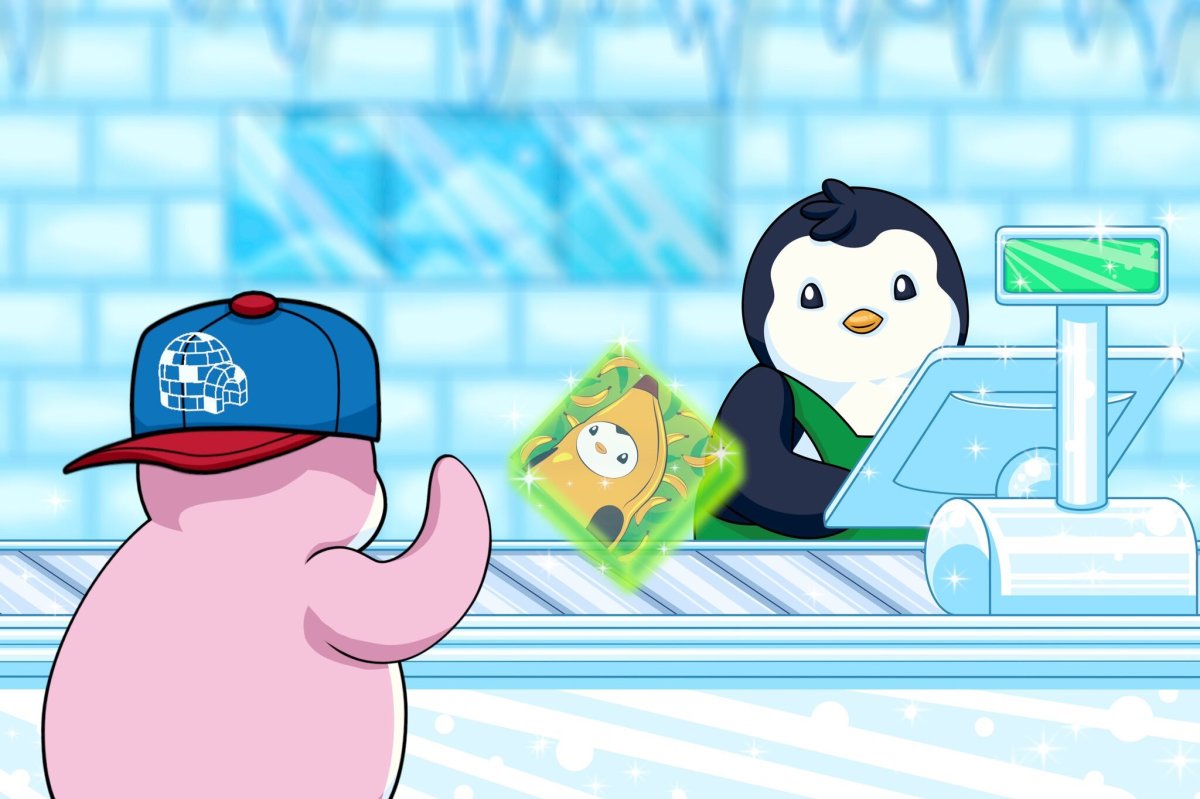
Pudgy Penguins: From NFTs to Toys, the Evolution of a Digital Brand
Pudgy Penguins, once renowned for its successful NFT collection, has undergone a remarkable transformation since Luca Netz, a 24-year-old entrepreneur, acquired the project for $2.5 million and took the reins as CEO in April 2022. While the company initially found success in the NFT market, Netz has turned Pudgy Penguins into an “IP and brand development company,” expanding its reach beyond the digital realm.
With their digital collectibles generating over $400 million in transaction volume, Pudgy Penguins has now ventured into the development of an open-world digital player experience called Pudgy World. This immersive universe integrates blockchain technology from Ethereum and zkSync Era, and also spawned an entire toy line known as Pudgy Toys, appealing to a broader audience.
In a significant move towards growth and expansion, Pudgy Toys recently became available in more than 2,000 Walmart stores across the United States. This strategic decision allows the company to tap into avenues beyond the blockchain. Additionally, Pudgy Penguins has partnered with Smyths, one of the largest toy store chains in the United Kingdom, further expanding its retail presence alongside Five Below, Amazon, Hot Topic, and other retailers.
The foray into toys symbolizes Netz’s belief that NFTs should not be limited to the digital world alone. He recognizes the challenges faced by the industry, primarily the issue of revenue generation. Netz highlights the Achilles’ heel of NFT projects, wherein the only solution to boost revenue has been to create more NFTs. However, this comes at the expense of the larger community and project, as diluting the market with an excessive supply of NFTs can cause a decline in the value of individual assets.
To counter these challenges, Pudgy Penguins has embraced a different economic model by venturing into physical merchandise. Netz compares the profits generated from selling toys to the revenues once derived from minting new NFT collections. By diversifying their revenue streams, the company can cover its costs and develop a sustainable growth model for the future.
Netz anticipates toy sales of around $10 million from May until the end of the year. Accounting for various factors like gross margins, partnerships, and licensing fees, Pudgy Penguins expects to make approximately $1.5 million to $2 million in profit from this venture. This demonstrates the potential of physical goods as a lucrative business model, complementing the low distribution costs and high margins associated with software sales.
The evolution of Pudgy Penguins from a prominent NFT project to an IP and brand development company is a testament to the adaptability and innovation fueled by the blockchain industry. By expanding its offerings into toys, Pudgy Penguins aims to bridge the gap between the digital and physical worlds, paving the way for a brighter future in the NFT market and beyond.






